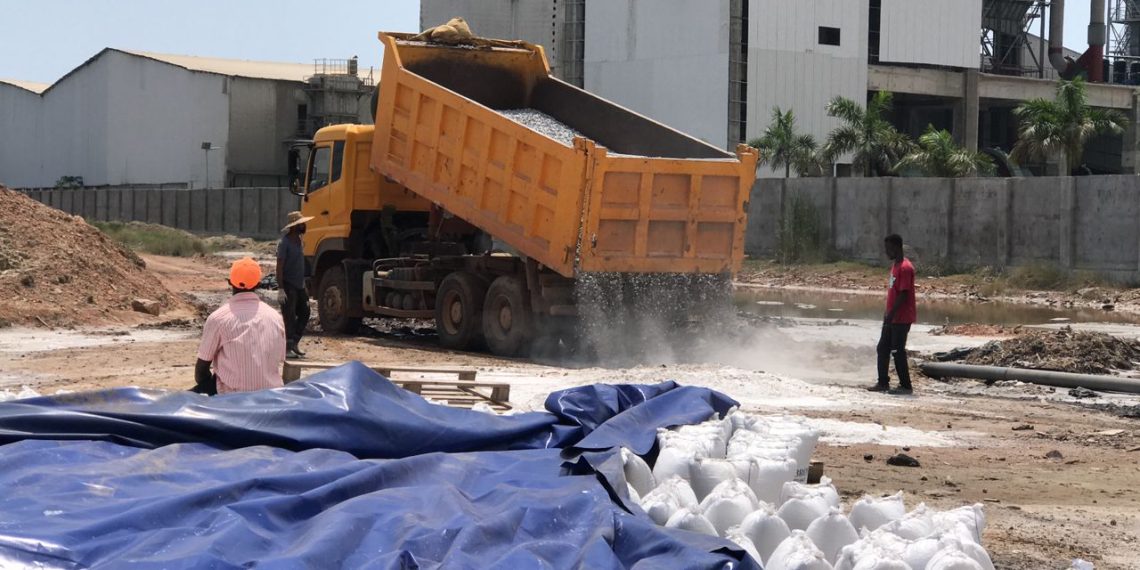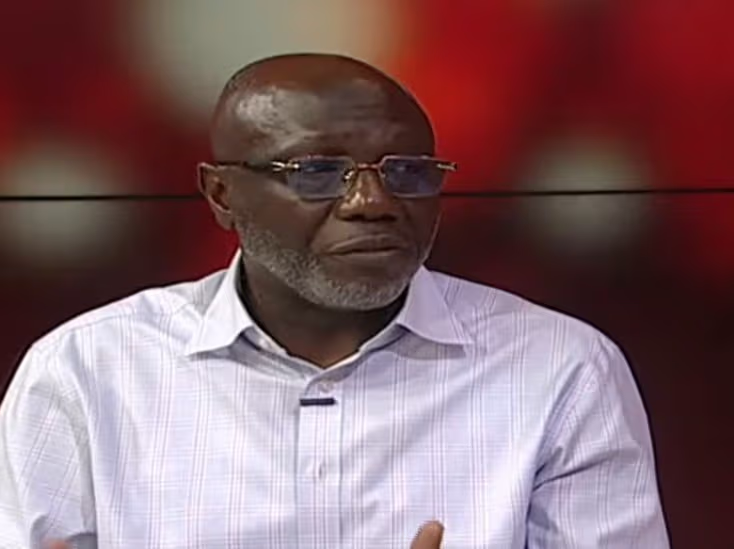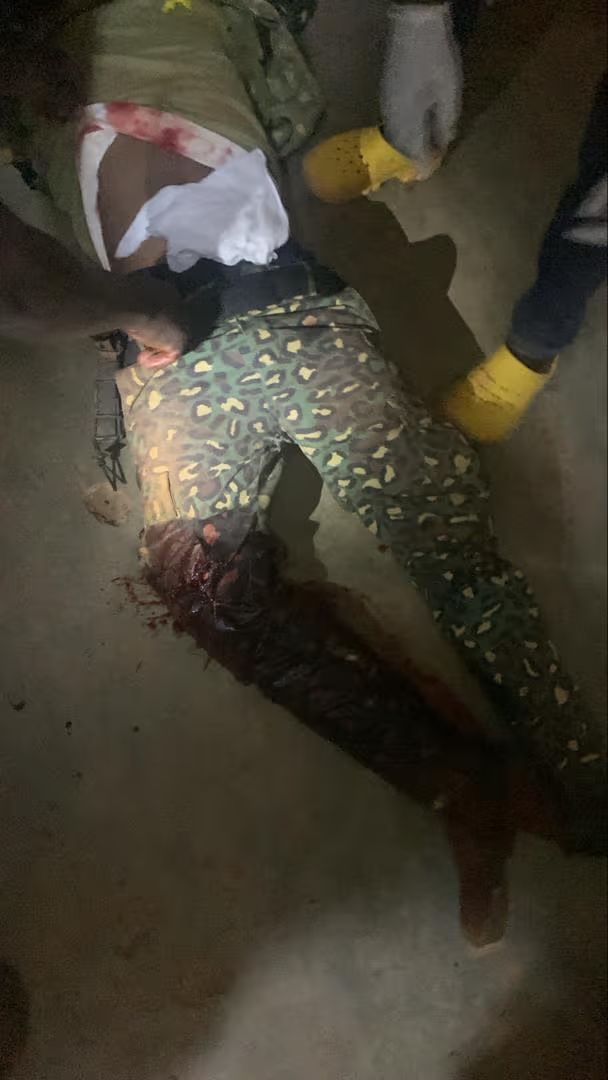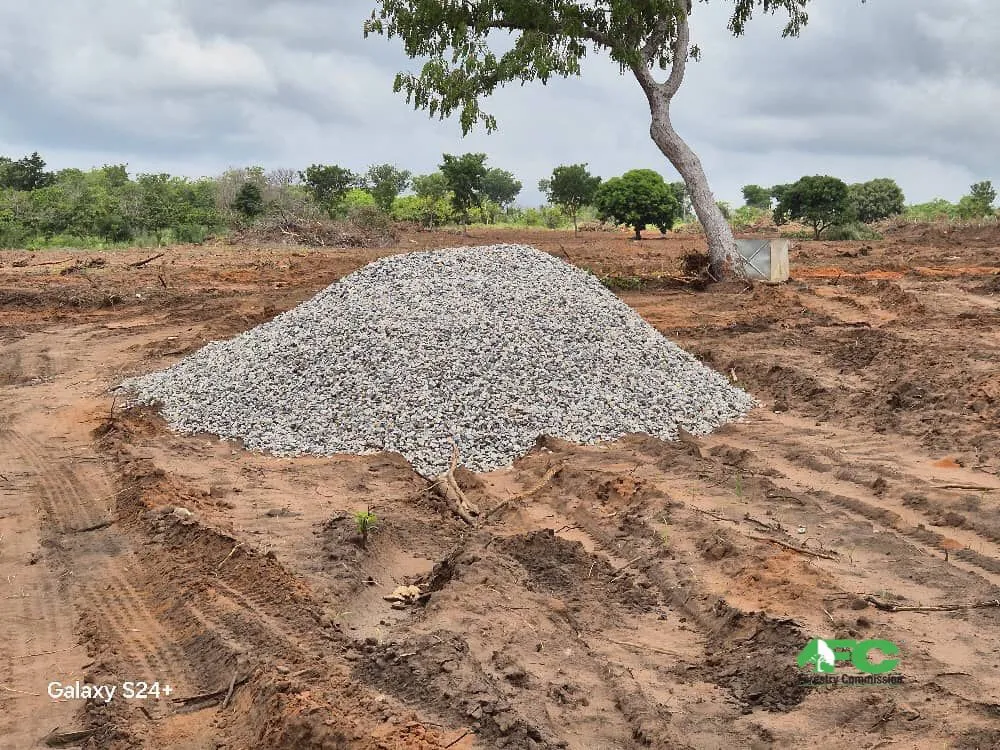Robert Tang Wei, a Chinese investor seeking to establish an estate and factories within the Panbros Salt Industries enclave—part of the Densu Delta Ramsar Site—has not obtained the required construction permit from the Weija Gbawe Municipal Assembly.
Tang Wei, who claims ownership of portions of land belonging to the long-established salt-producing company founded in 1958, said his planned project would include a roofing sheet manufacturing plant and a water storage tank factory. According to him, the initiative aims “to help communities and employ even more Ghanaians.”
Already the owner of the Empire Cement Factory—also located within the same protected area and previously the subject of public controversy and resident opposition—Tang Wei maintains that his latest venture is legitimate.
On Tuesday, October 28, he returned to the Panbros site, accompanied by heavily armed officers from the Special Weapons and Tactics (SWAT) Unit of the Ghana Police Service and National Security. His team reportedly excavated a trench near the company’s salt refinery.
Travel guides Ghana
Speaking to Citi News, Tang Wei insisted that he had lawfully purchased the land and only sought security assistance after facing repeated resistance from Panbros workers. He also claimed to have naturalised as a Ghanaian citizen, asserting that he “deserves protection to secure his legally acquired property.”

However, a follow-up by Citi News to the Weija Gbawe Municipal Assembly revealed that Tang Wei had not received any authorisation for construction or factory establishment on the site.
The Municipal Chief Executive (MCE), Felix Odartey Lamptey, confirmed that the Assembly had invited Tang Wei to present documents detailing his proposed land use.
“This is the only document from the Chinese. He requested to make some developments within the cement factory, but we have no knowledge of any other activity outside that factory,” the MCE said.
The Densu Delta Ramsar Site, stretching from Weija Junction to Wiaboman, is a designated government-protected wetland that serves as an important ecological zone and a natural flood buffer for communities such as Tetegu, Wiaboman, Mendskrom, and Glefe.
Residents have raised concerns that ongoing encroachment and construction activities in the area could increase the risk of flooding during heavy rains.
Meanwhile, traditional leaders of Weija have denied selling any portion of the land to Tang Wei. Abubakar Sadiq, who identified himself as the Hausa Lafa Ngleshie Alata Zongo Chief, told Citi News that he was only delegated by local authorities to mediate and prevent violent clashes.
He stressed that the Weija Traditional Council does not support any form of development that could compromise the wetland or expose nearby communities to flooding.











